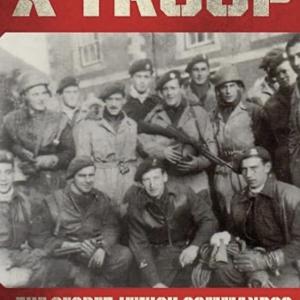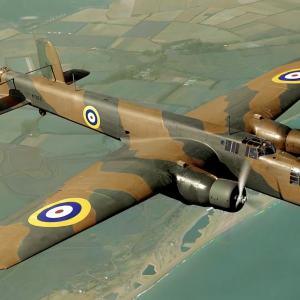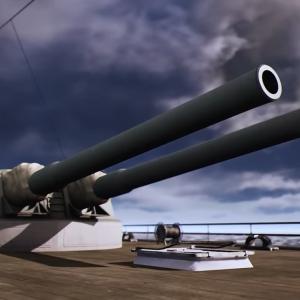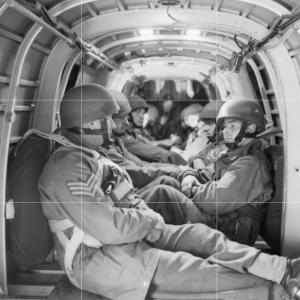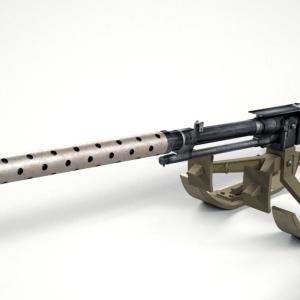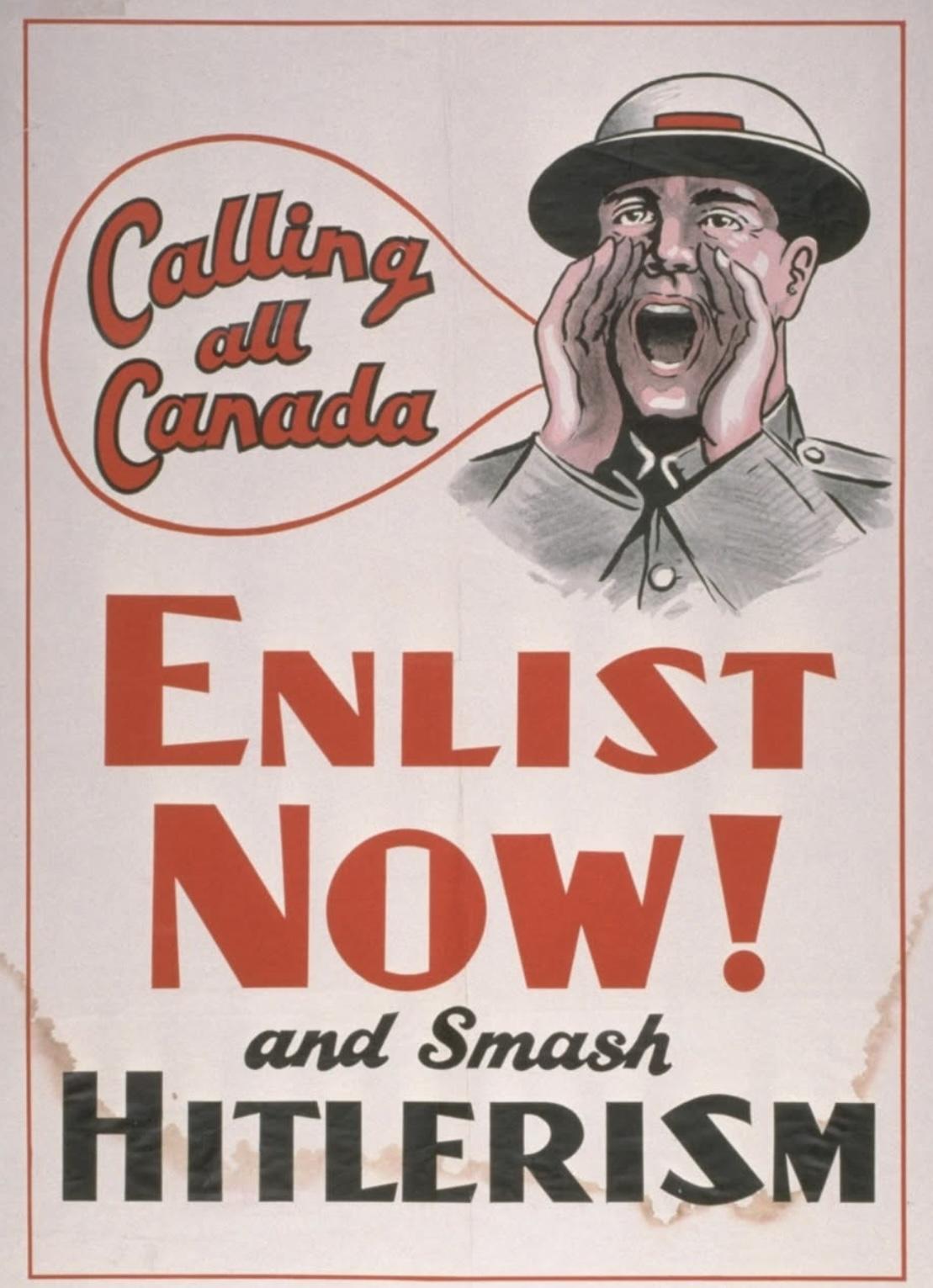
On this day in military history…
On September 10, 1939, Canada formally declared war on Germany, marking the country's official entry into the Second World War. Though the war had begun a week earlier, on September 1, with Germany’s invasion of Poland, Canada waited to make its own decision, underscoring its growing political independence from Britain. This deliberate delay was not only symbolic but deeply significant—it was the first time Canada had declared war as a sovereign nation.
The road to war had been building for years. The rise of fascist regimes in Germany and Italy, the failure of appeasement, and the looming threat of global conflict placed increasing pressure on the world’s democracies. For Canadians, memories of the First World War were still vivid. That brutal conflict had claimed the lives of over 60,000 Canadian soldiers and left a profound impact on the national consciousness. As a result, when the Second World War broke out, there was a mix of anxiety, determination, and cautious resolve across the country.
Unlike in 1914, when Canada was automatically at war the moment Britain declared hostilities, the situation in 1939 was markedly different. Thanks to the Statute of Westminster, passed in 1931, Canada had the legal authority to make its own decisions in matters of foreign policy and war. Prime Minister William Lyon Mackenzie King recognized the weight of this responsibility. He convened Parliament for a special session to debate the question of war. After several days of discussion, both the House of Commons and the Senate approved the declaration, and on September 10, King George VI proclaimed Canada’s official involvement.
The declaration was met with broad support, but it also reflected the complexities of Canadian society. English Canadians, many of whom felt strong ties to Britain, were generally in favor of joining the fight against Nazi Germany. French Canadians, on the other hand, were more hesitant, largely due to bitter memories of the conscription crisis during the First World War. Mackenzie King worked hard to manage this tension, initially committing to a volunteer-based military and promising to avoid conscription—though this would later change as the war intensified.
Canada’s contributions to the war effort would prove immense. Over a million Canadians served in the military during the course of the conflict. The Royal Canadian Air Force played a vital role in the bombing campaigns over Europe, and the Royal Canadian Navy was central to the Battle of the Atlantic, safeguarding crucial supply routes. On the home front, the Canadian economy was rapidly mobilized for war. Factories shifted to producing weapons, vehicles, and supplies, and women entered the workforce in unprecedented numbers. Canada also became a key training ground for Allied pilots under the British Commonwealth Air Training Plan.
The decision to declare war in 1939 marked a turning point in Canada’s evolution as a nation. It asserted Canada’s sovereignty on the world stage and demonstrated its commitment to the principles of freedom and democracy. The war would come at a great cost—over 45,000 Canadians lost their lives—but it would also forge a stronger sense of national identity and global responsibility.

